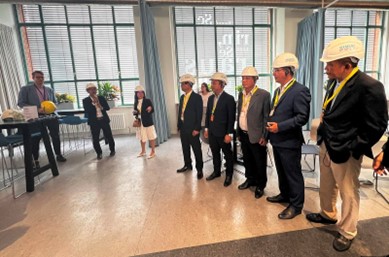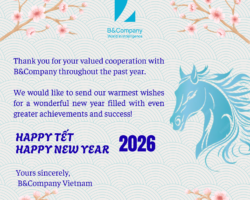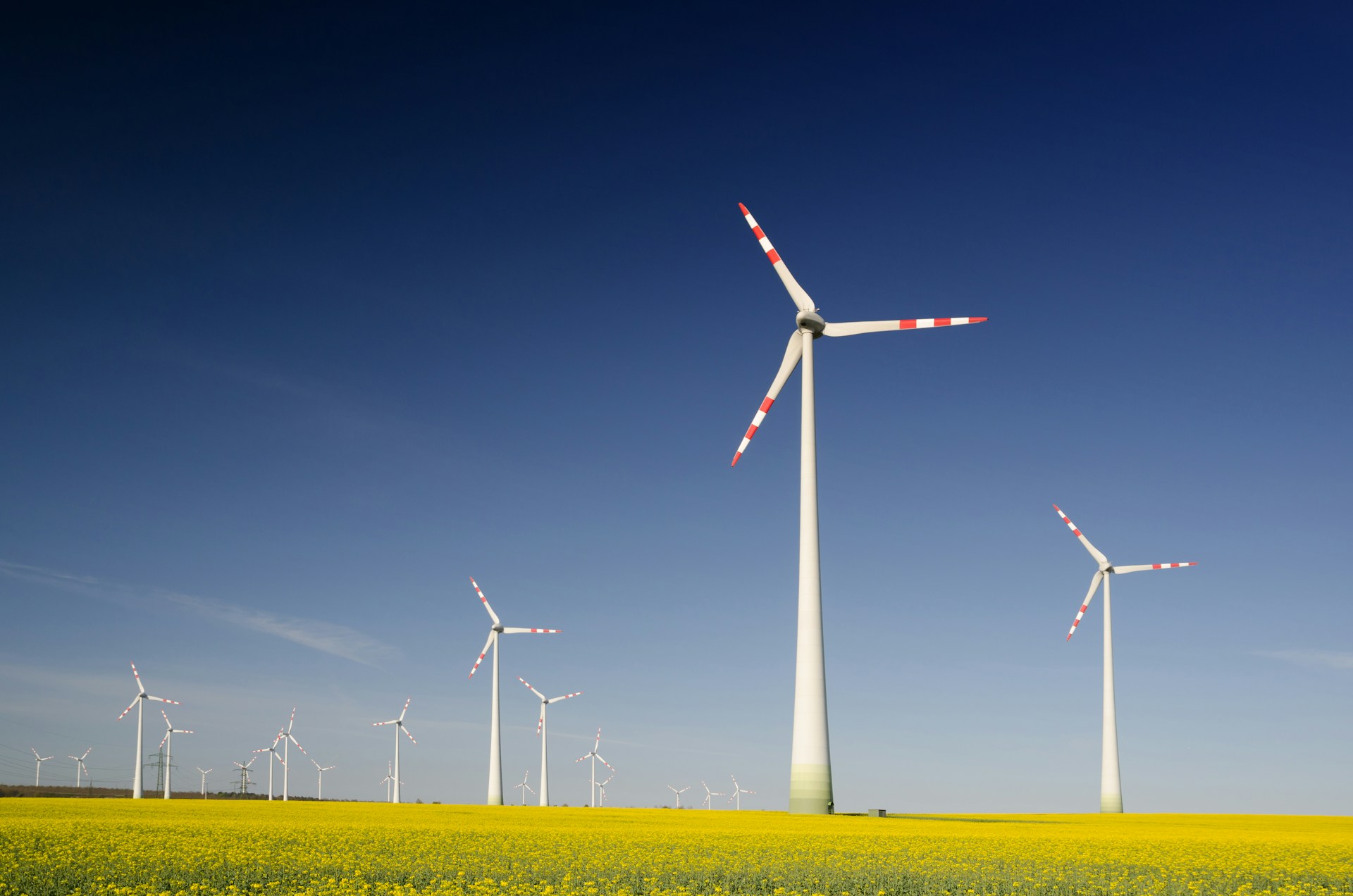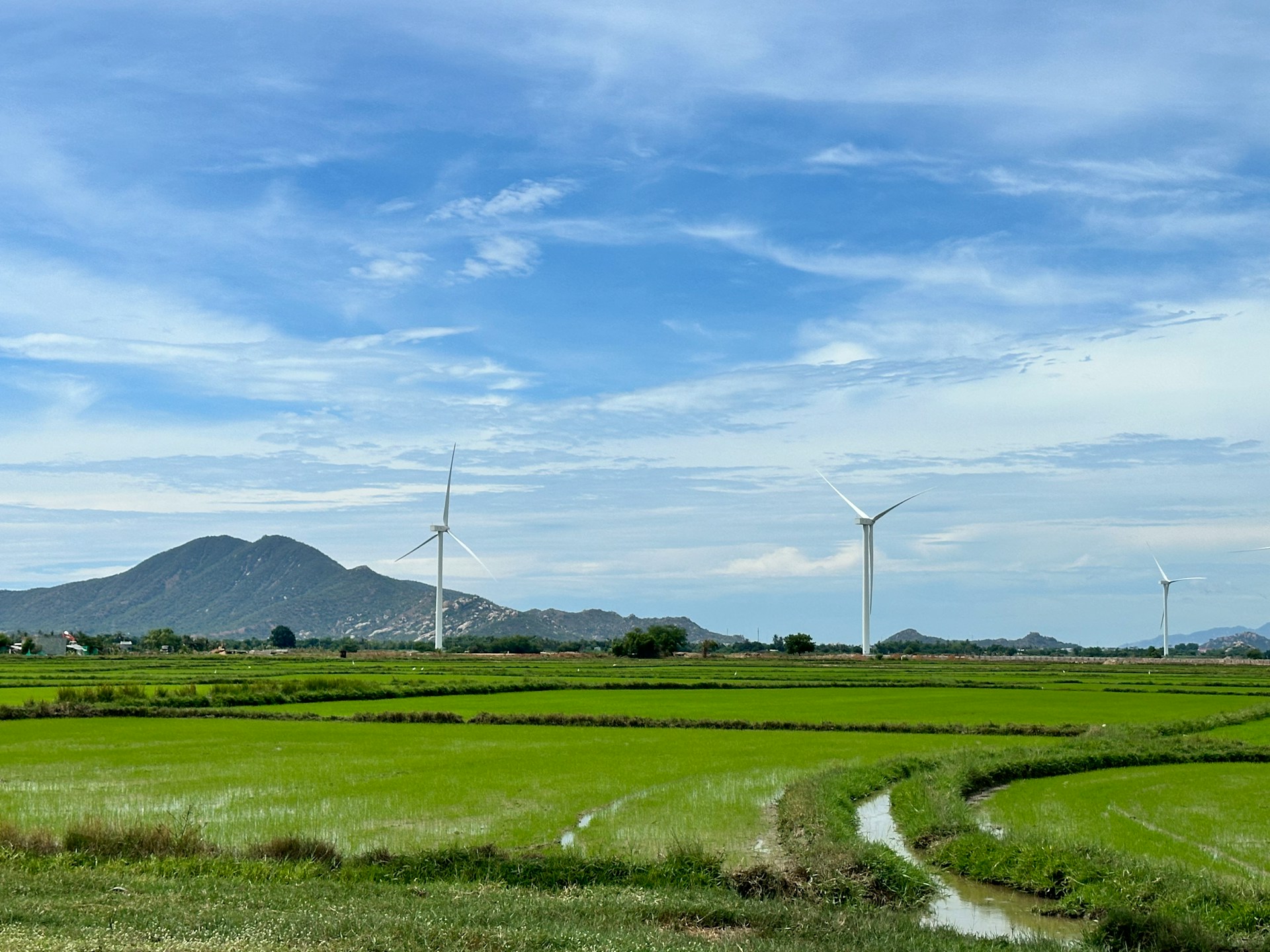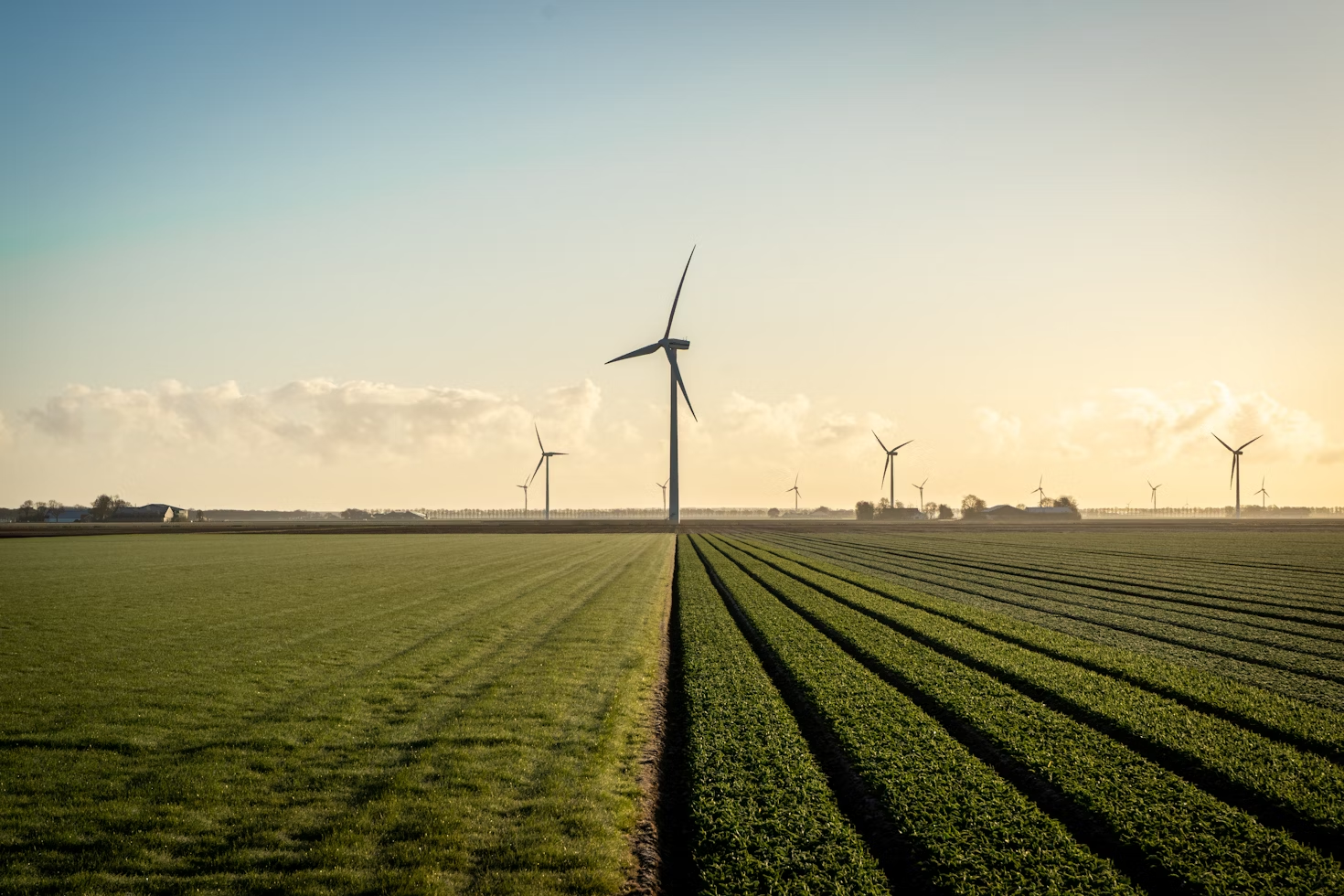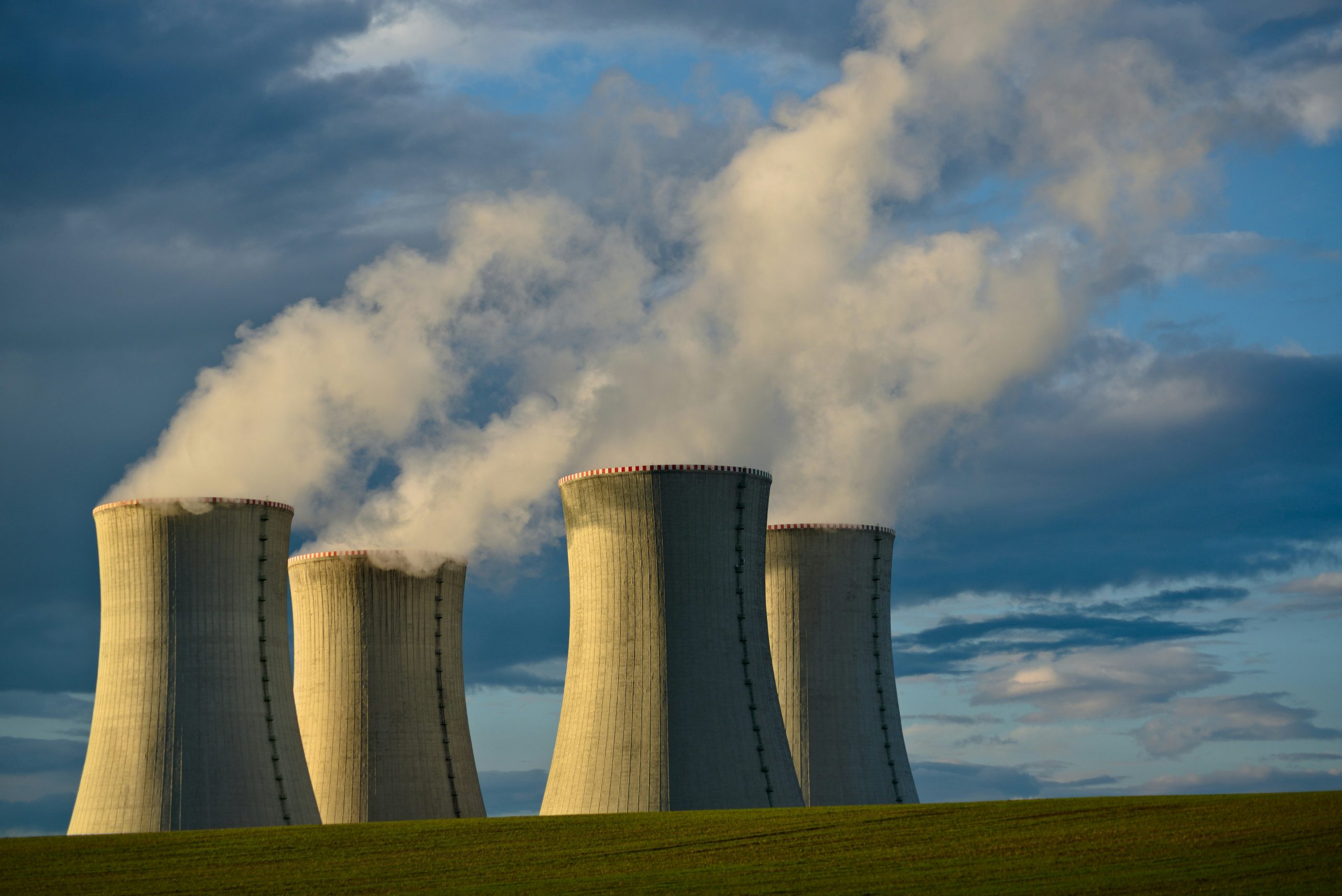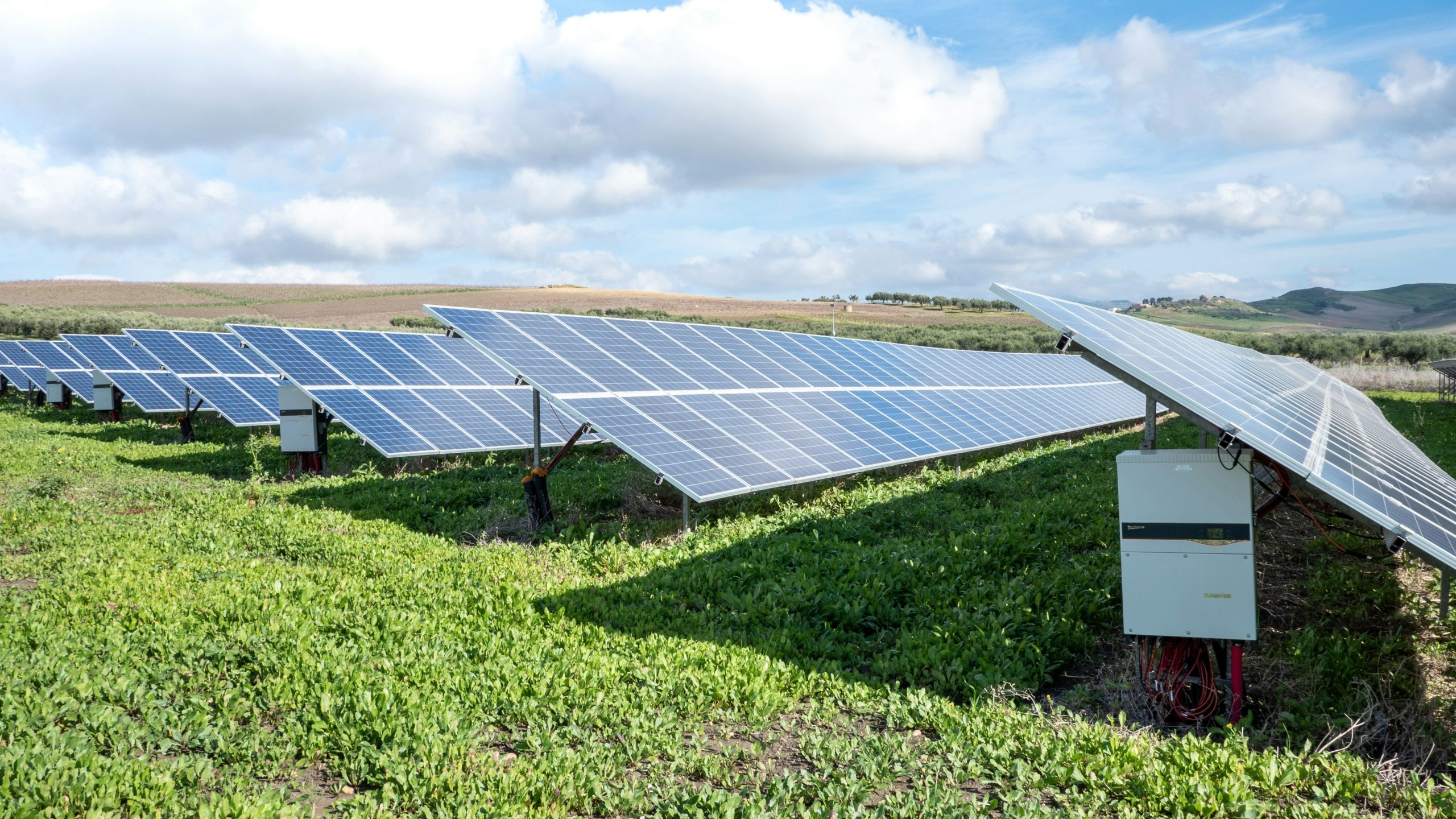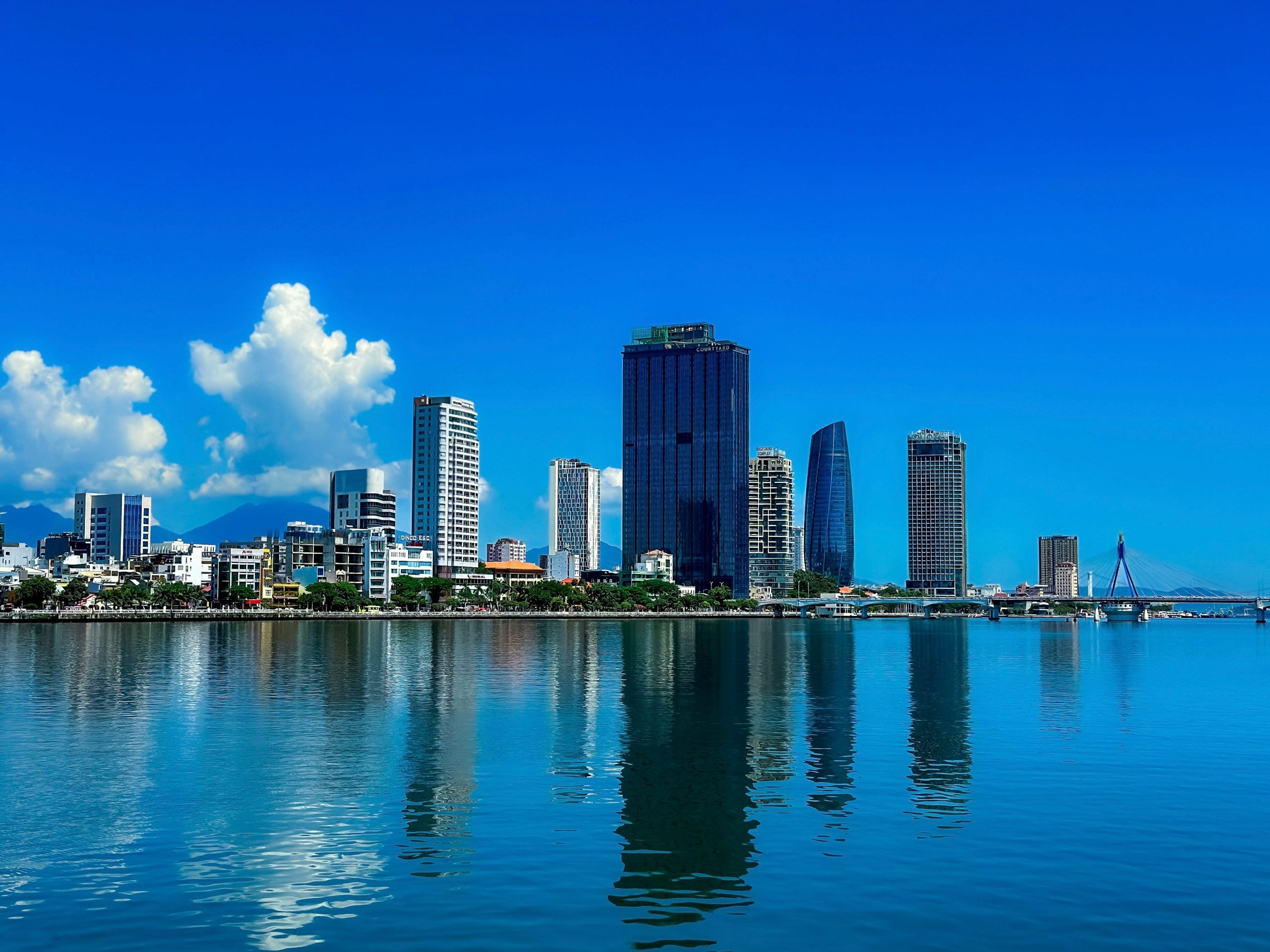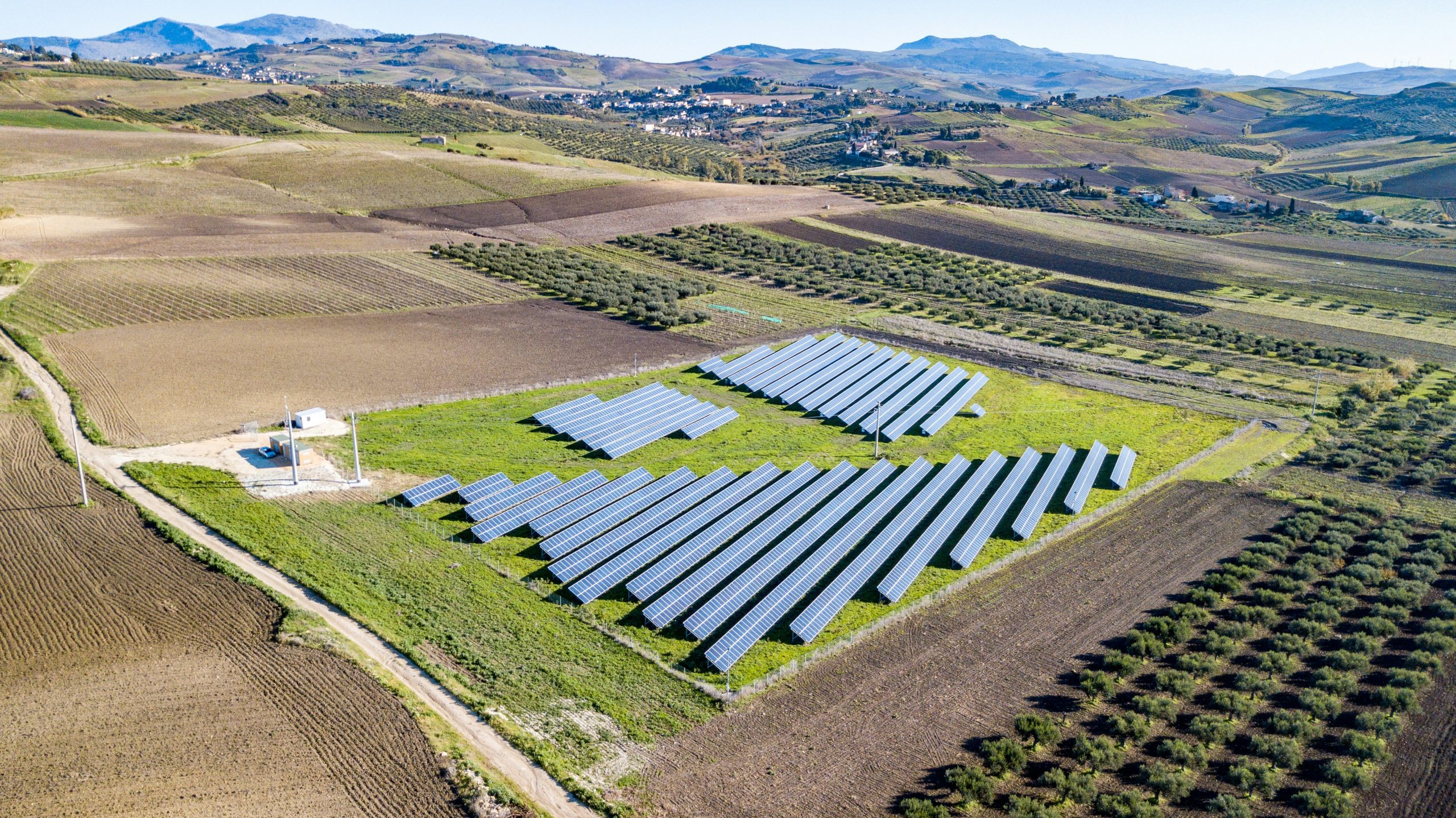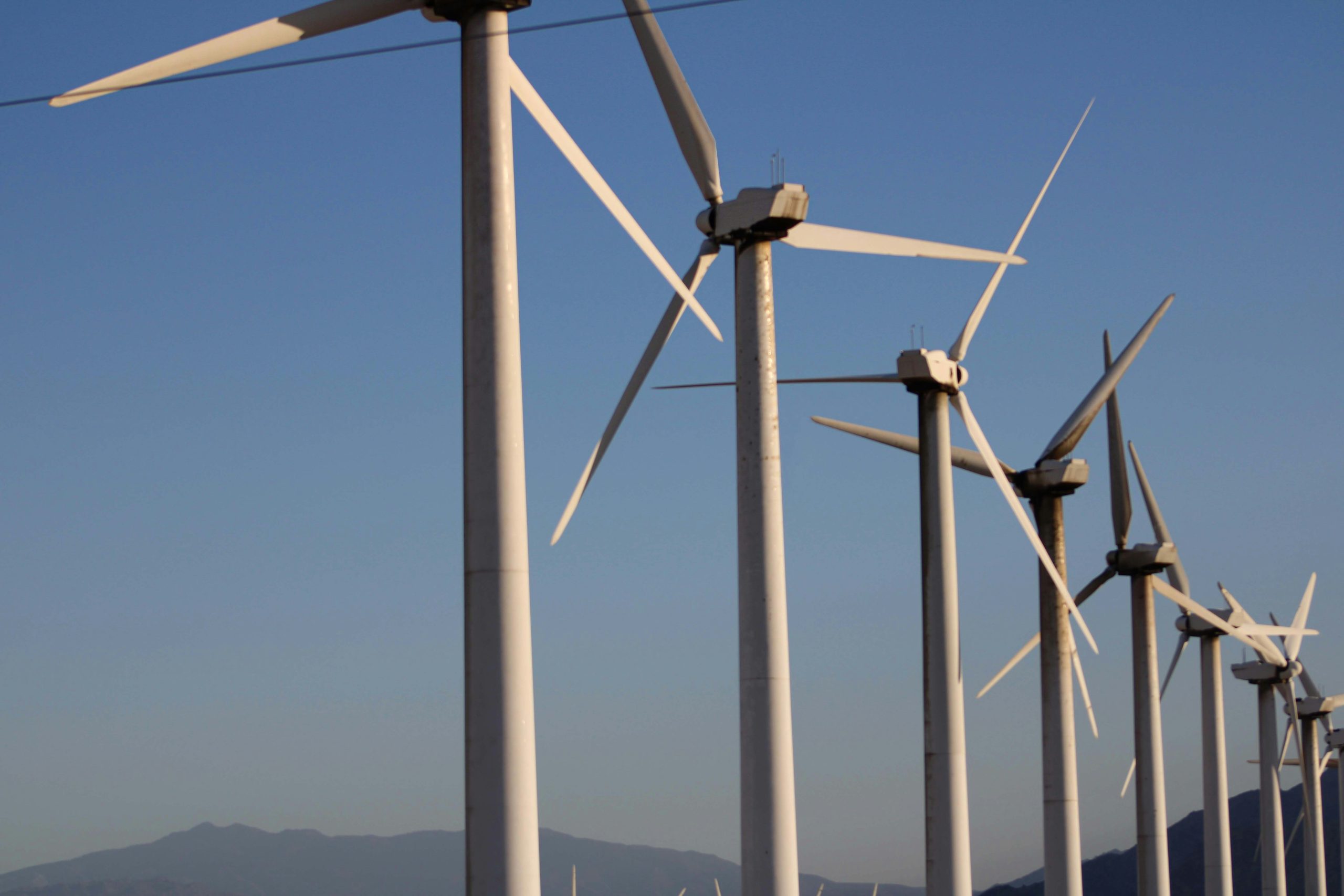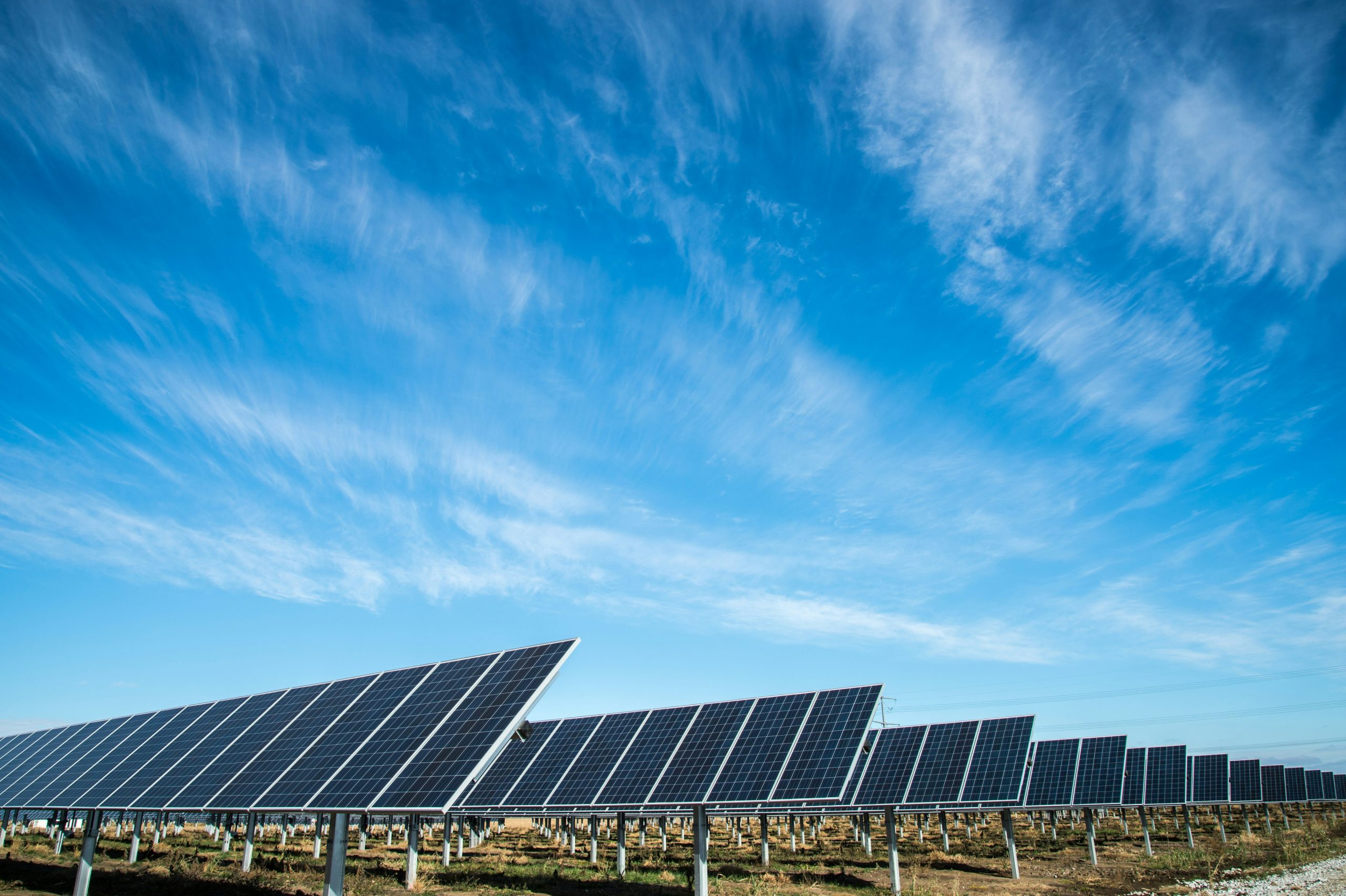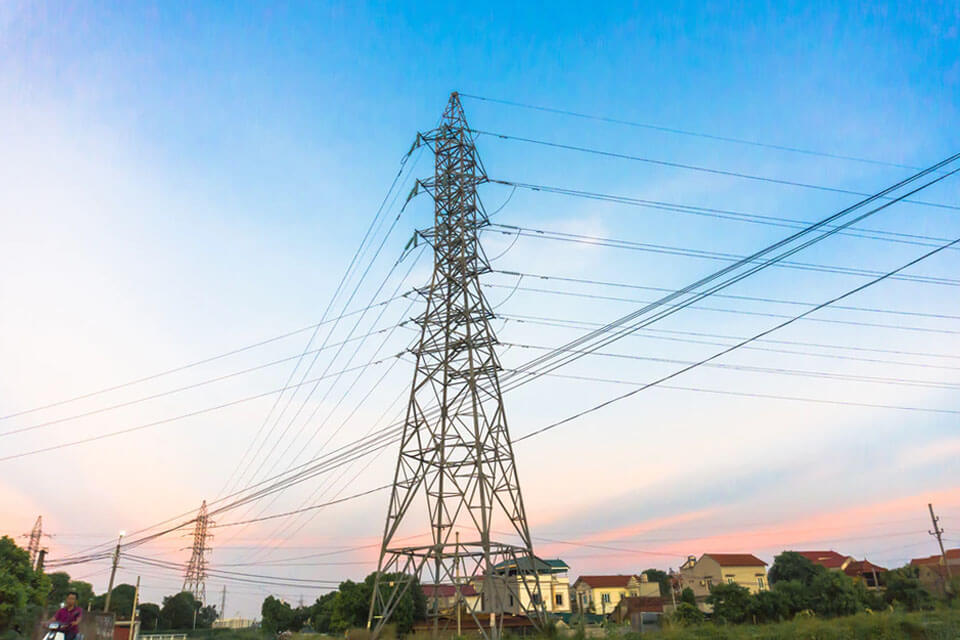In Vietnam, the hydrogen market is currently beginning to take shape. Although it is small and primarily focused on producing hydrogen for internal consumption, it is promising to gradually shift toward the goal of using hydrogen as an alternative raw material and fuel to reduce carbon emissions. Green hydrogen is viewed as a commodity, and the value chain of green hydrogen can be categorized into raw materials, production, storage, transportation, and market distribution.
Overview of the Hydrogen Market in Vietnam
According to the Ministry of Industry and Trade, hydrogen energy is considered a clean energy source that is indispensable in the energy mix of many countries to achieve carbon neutrality by 2050.
As outlined in the Draft Strategy for Hydrogen Energy Production by 2030, Vision to 2050, hydrogen in Vietnam is currently produced mainly from oil refining processes and fertilizer production to serve the operations of these industries by removing sulfur and other impurities such as nitrogen, oxygen, and metals from feedstocks or semi-finished products, catalytically reducing active metal oxides, or saturating unsaturated compounds (hydrogenation).
This hydrogen is referred to as gray hydrogen and brown hydrogen, with a total production output of about 500,000 tons per year (KTA) and prices ranging from 1 to 2.5 USD/kg. Among this, Vietnam’s hydrogen demand through the demand for hydrogen from PVN in 2020 supplied to fertilizer plants was about 316,000 tons of hydrogen, while the Dung Quat and Nghi Son oil refineries consumed approximately 39,000 tons and 139,000 tons per year, respectively. The total hydrogen demand is projected to increase to around 4,000 KTA by 2050[1].
Despite its potential, the hydrogen market in Vietnam faces several challenges. These include the need for substantial investments in infrastructure, technology development, and the establishment of regulatory frameworks to support the hydrogen economy. However, recent collaborations with international companies, such as Siemens Energy, signal growing interest and investment in the hydrogen sector. These partnerships are crucial for knowledge transfer and the implementation of advanced technologies that will be essential for the successful development of the hydrogen market.
Upcoming Trends and Case Study for the Hydrogen Market
The hydrogen market in Vietnam is set to grow rapidly, driven by several key upcoming trends. Firstly, there is a strong focus on green hydrogen production, utilizing the country’s abundant renewable energy resources, particularly solar and wind power. As advancements in electrolyzer technology reduce production costs, green hydrogen is becoming increasingly viable. Secondly, hydrogen is being integrated into industrial decarbonization efforts, with potential applications in sectors like steel, cement, and chemicals. Thirdly, Vietnam is exploring hydrogen-powered transportation, especially for long-haul and heavy-duty vehicles, where hydrogen fuel cells offer advantages over electric vehicles. Moreover, Vietnam’s proximity to hydrogen-importing countries like Japan and South Korea creates promising opportunities for regional hydrogen trade. These trends highlight a bright future for Vietnam’s hydrogen market, provided that infrastructure and policy support are established.
A recent case study in the Vietnamese hydrogen market is the collaboration between Bình Định Province and Siemens Energy on a green hydrogen gas system project on July, 2024. Following years of successful project implementation in Vietnam, Siemens Group leadership aims to contribute to the development of Binh Dinh Province, particularly by expediting the investment project for the green hydrogen gas system to regenerate energy and protect the environment, and they seek support from the provincial government in the near future. Stefan Becher, Director of Siemens Energy in Berlin, stated that he had researched and evaluated that Bình Định has very favorable conditions for development, especially the determination of provincial leaders to attract investment projects in clean energy[2].
Delegation of Binh Dinh province during the visit to Siemens Energy Group
Source: Investment Online
Potential for Development
The potential for the development of the hydrogen market in Vietnam is substantial, driven by several key factors.
Regarding government support, on February 22, in Hanoi, the Ministry of Industry and Trade organized a conference to implement the hydrogen energy development strategy of Vietnam by 2030, with a vision to 2050 (Hydrogen Energy Strategy), which has been approved by the Prime Minister in Decision No. 165/QĐ-TTg on February 7, 2024. The goal set in the hydrogen energy strategy is to develop Vietnam’s hydrogen energy ecosystem with the aim of achieving net-zero emissions by 2050, in line with Vietnam’s commitments to sustainable and equitable energy transition[3]. Those goals are as follows:
| Hydrogen Energy Production | Hydrogen Energy Utilization | Hydrogen Energy Storage, Transportation and Distribution | Hydrogen Energy Export | |
| Goals by 2030 | + Apply advanced global technology in green hydrogen production and carbon capture/utilization (CCS/CCUS)
+ Aim for hydrogen production capacity of approximately 100,000 – 500,000 tons/year through renewable energy and other carbon capture processes |
+ Gradually develop a hydrogen energy market aligned with the fuel transition roadmap across sectors like power, transportation, industry, commerce, and residential use
+ Implement pilot applications of hydrogen-based energy in sectors that can utilize existing infrastructure, ensuring system safety and cost-effectiveness |
+ Research and implement pilot use of existing energy infrastructure for hydrogen storage, transportation, and distribution, ensuring system safety and cost-effectiveness
+ Research and establish pilot centers/facilities for manufacturing specialized equipment for the transportation, storage, and distribution of hydrogen energy + Research and establish pilot hydrogen energy distribution systems for the transportation sector on routes and in areas with favorable conditions |
Leverage abundant natural resources for renewable energy (wind, solar, etc.) and geographical advantages to encourage investment in the production of green hydrogen for export, based on the principles of ensuring energy security, national defense, and economic efficiency.
|
| Aims for 2050 | + Acquire and master advanced technologies in green hydrogen production and carbon capture/utilization (CCS/CCUS)
+ Strive to achieve a production capacity of hydrogen from renewable energy processes and other carbon-capturing processes of approximately 10 to 20 million tons per year |
+ Promote the application of green hydrogen energy and hydrogen-based fuels across all energy-consuming sectors to decarbonize the economy and make a significant contribution toward achieving net-zero emissions by 2050
|
+ Develop and improve infrastructure systems for the storage, distribution, and utilization of hydrogen, targeting a market scale of approximately 10 to 20 million tons per year
+ Expand and enhance hydrogen distribution systems for the transportation sector nationwide, in alignment with global trends. |
Establish a comprehensive industrial energy ecosystem based on renewable energy, new energy, and green hydrogen, aiming to become a regional hub for clean energy industries and the export of renewable energy and green hydrogen.
|
Source: Decision No. 165/QĐ-TTg
Regarding technology, advancements in electrolyzer efficiency and cost reduction are making green hydrogen production more viable. As Vietnam continues to invest in technological innovations, it can leverage its abundant renewable resources for sustainable hydrogen production. In terms of industrial decarbonization, the pressing need to reduce greenhouse gas emissions in sectors like steel, cement, and chemicals highlights hydrogen’s role as a cleaner alternative to fossil fuels.
Regarding regional trade opportunities, Vietnam’s strategic location near major hydrogen-importing countries, such as Japan and South Korea, positions it favorably to become a significant player in the regional hydrogen market. With these factors combined, Vietnam has the potential to develop a robust hydrogen market that contributes to both energy security and environmental sustainability.
Conclusion
The hydrogen market in Vietnam is at an early stage, but the potential for development is substantial. With its abundant renewable energy resources, strategic geographic location, and growing industrial base, Vietnam is well-positioned to become a key player in the global hydrogen economy. Upcoming trends such as technological advancements in hydrogen production, cross-border hydrogen trade, and decarbonization efforts in industry and transportation provide significant opportunities for Vietnam to scale up its hydrogen market.
While challenges remain, including the high costs of green hydrogen production and the need for supportive infrastructure and policy frameworks, Vietnam’s commitment to renewable energy and its strategic partnerships with international firms lay a strong foundation for future growth in the hydrogen sector. By focusing on green hydrogen production, developing export capabilities, and integrating hydrogen into its decarbonization strategy, Vietnam can unlock new economic opportunities and contribute to a cleaner, more sustainable global energy system.
[1] Electricity Regulatory Authority of Vietnam (2023). This energy source of the future is being actively developed in Vietnam. <Assess>
[2] Investment Online (2024). Binh Dinh works with Siemens Energy Group on green hydrogen gas system project. <Assess>
[3] Prime Minister (2023). Approving the Project on restructuring the Industry and Trade sector until 2030. <Assess>
| B&Company, Inc.
The first Japanese company specializing in market research in Vietnam since 2008. We provide a wide range of services including industry reports, industry interviews, consumer surveys, business matching. Additionally, we have recently developed a database of over 900,000 companies in Vietnam, which can be used to search for partners and analyze the market. Please do not hesitate to contact us if you have any queries. info@b-company.jp + (84) 28 3910 3913 |
Read other articles

